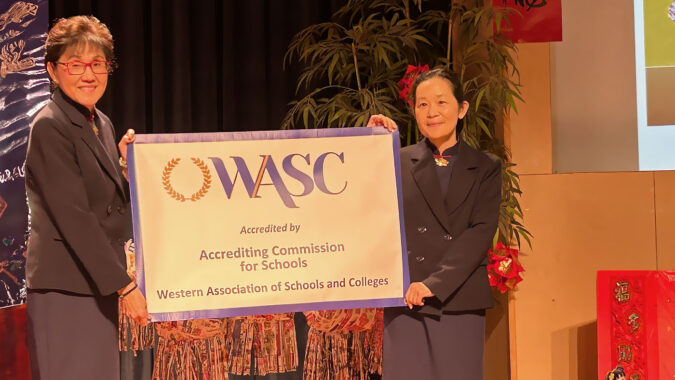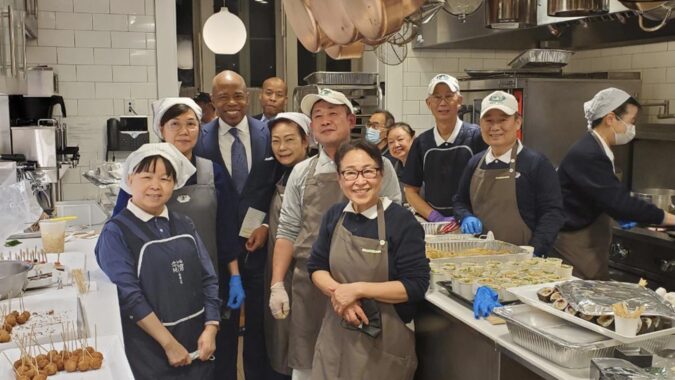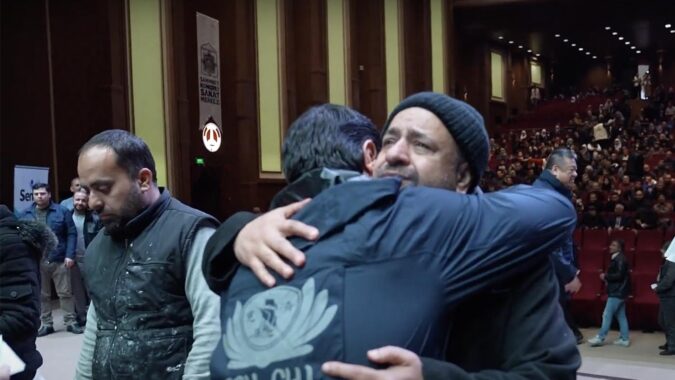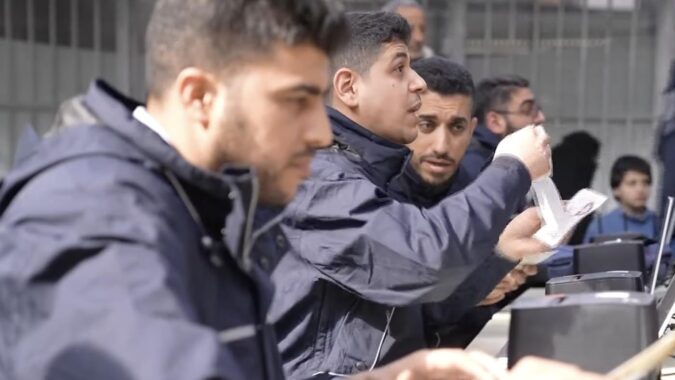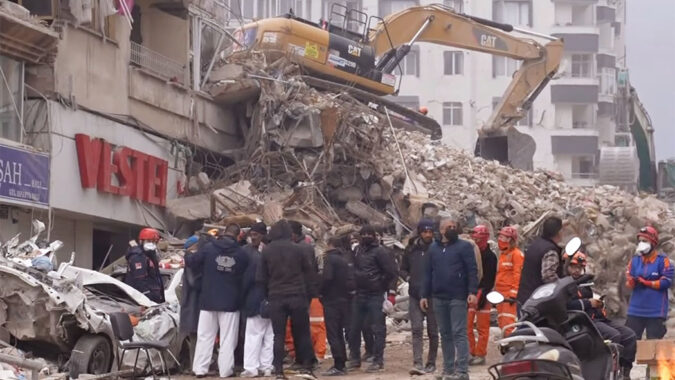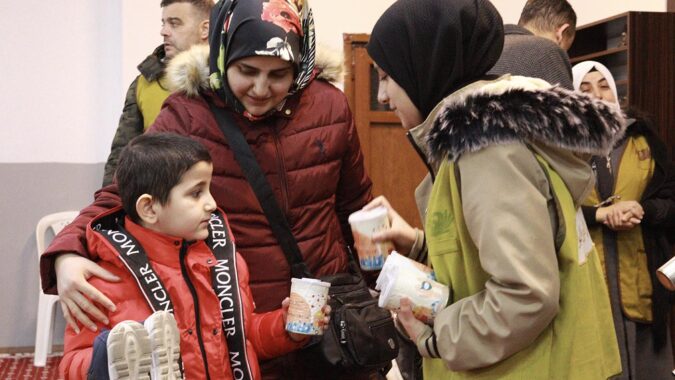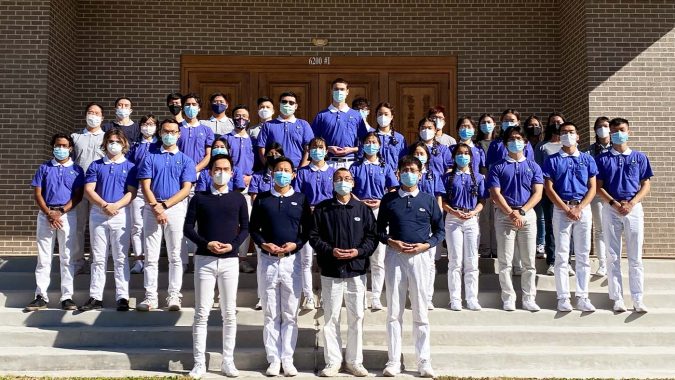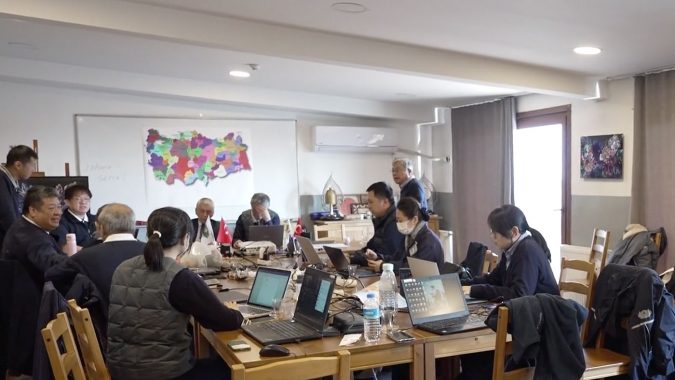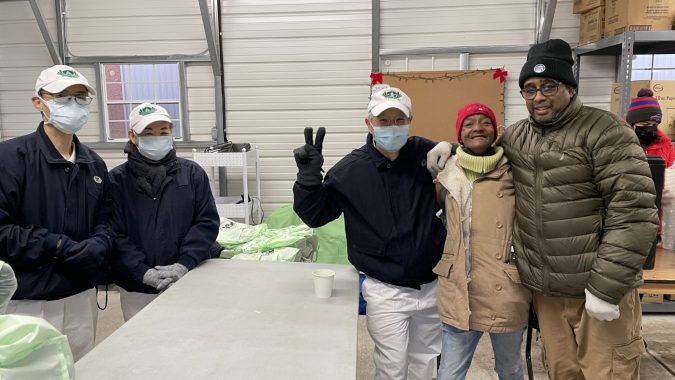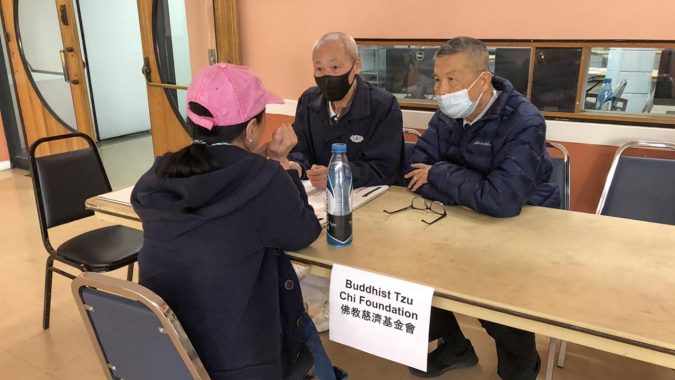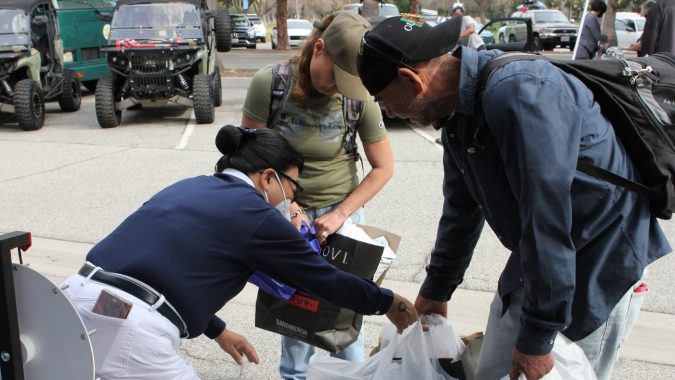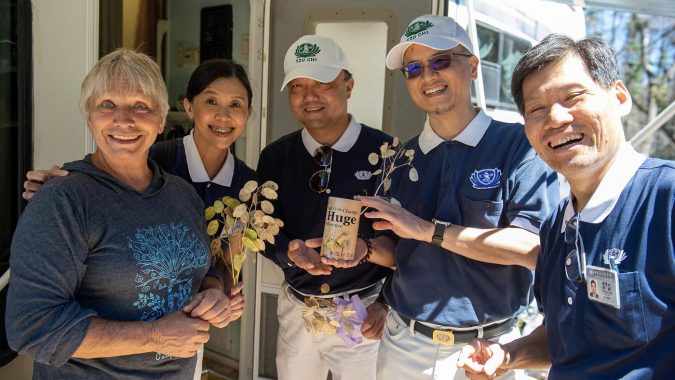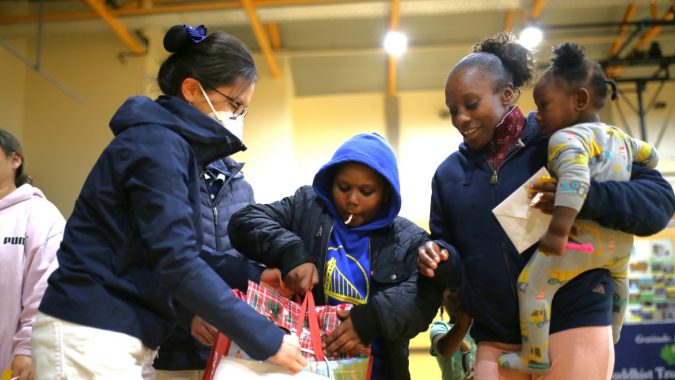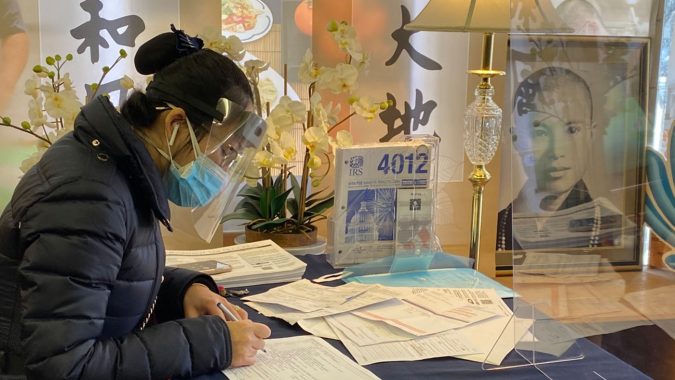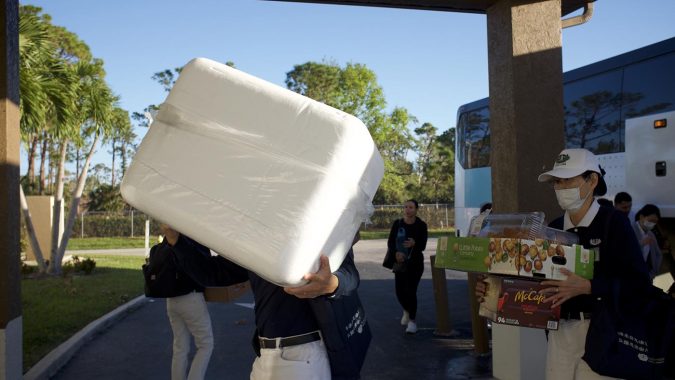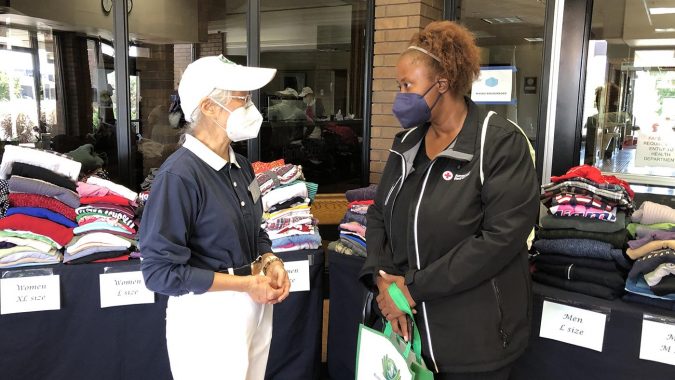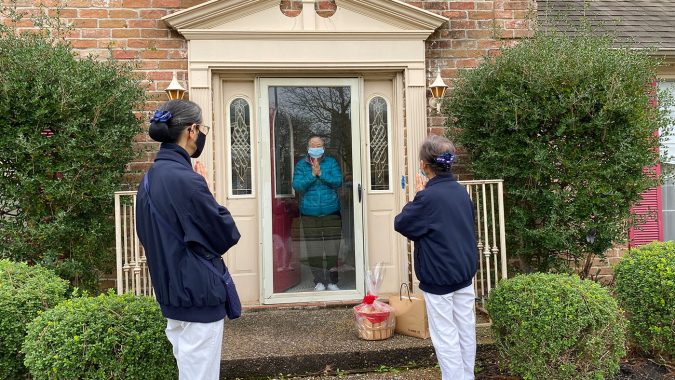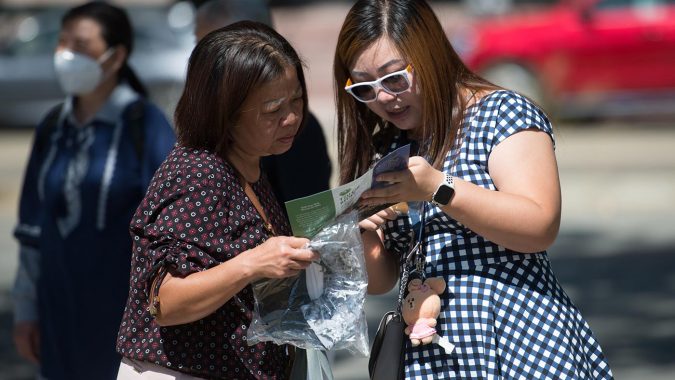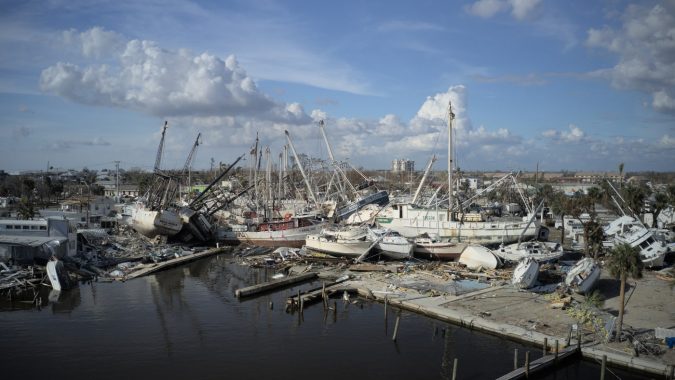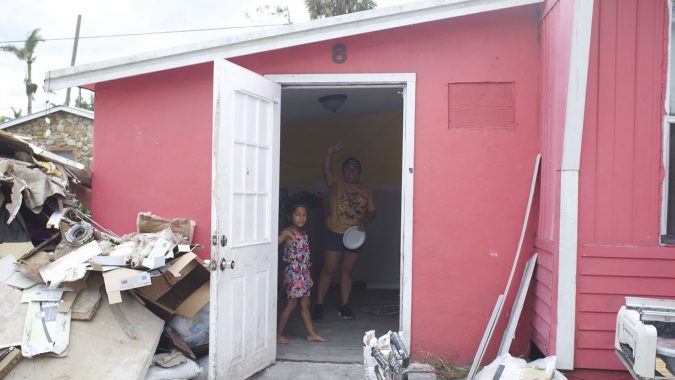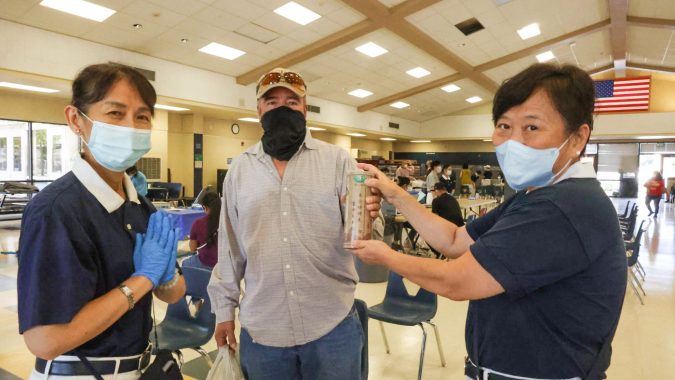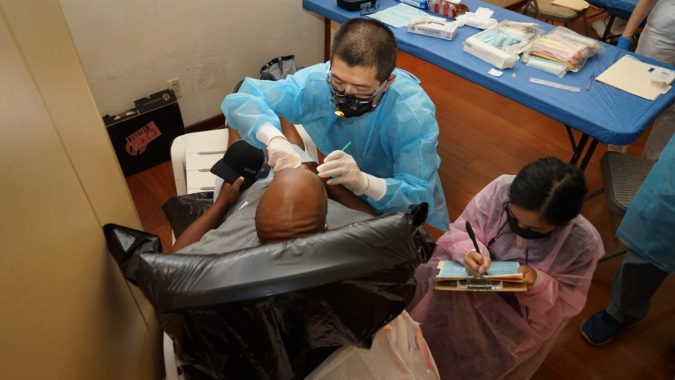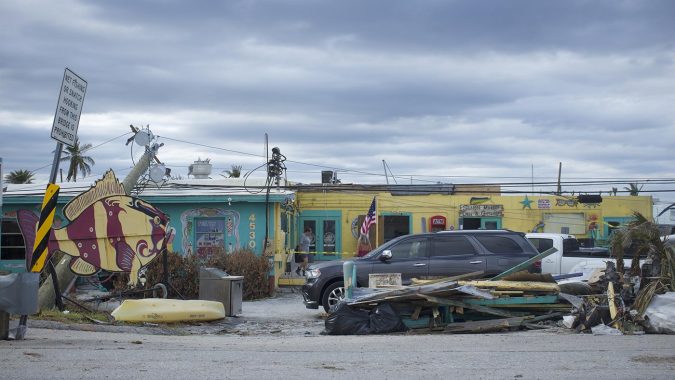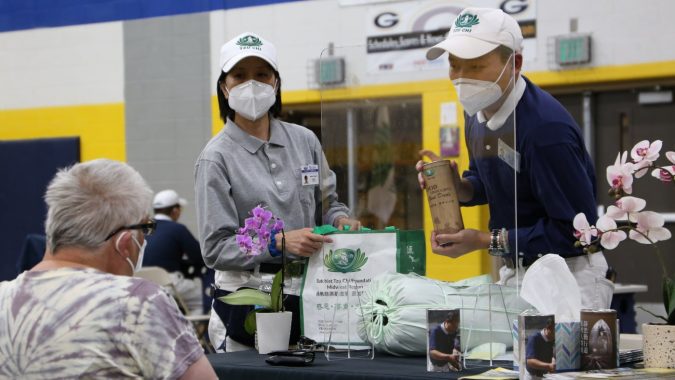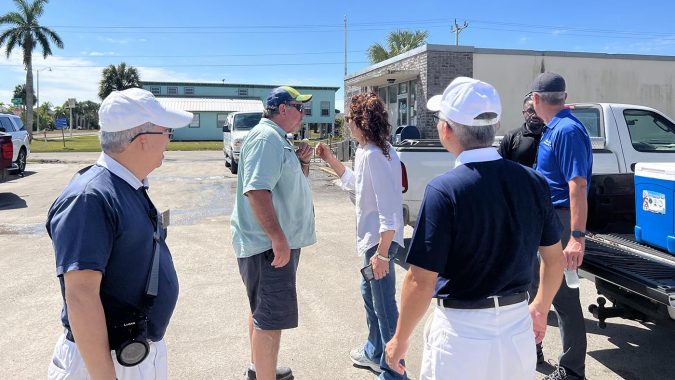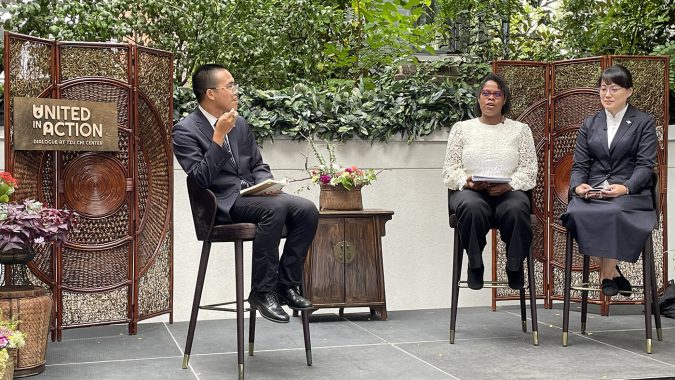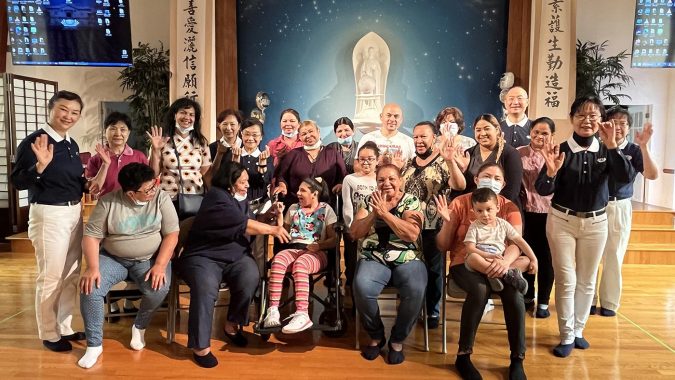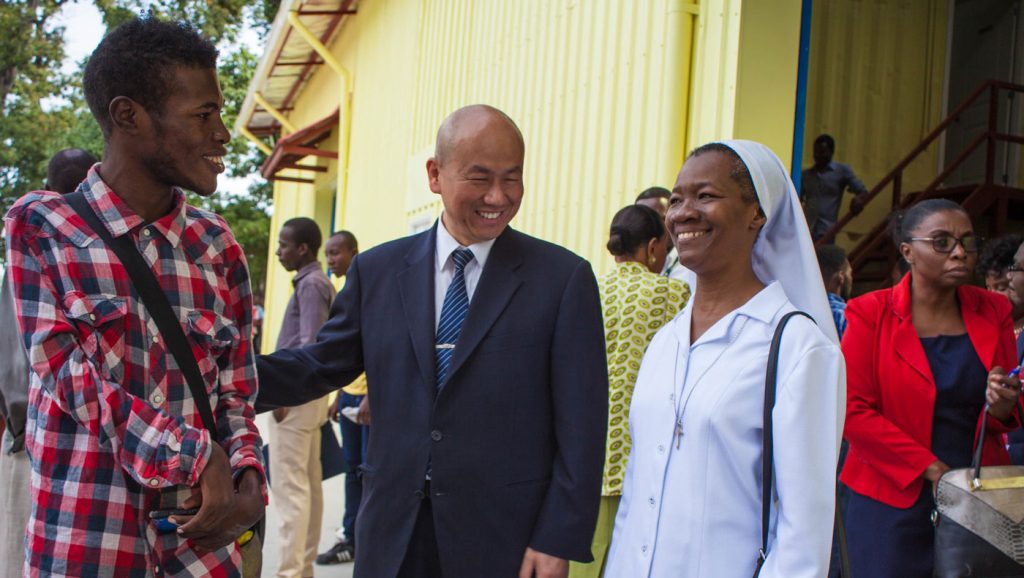
Written by Dilber Shatursun
Life throws each of us unique curveballs, but it is only with the right eyes that we may see the serendipity in them.
This is exactly what happened in 2003, when the Cedar Fire (one of the worst fires in California history) razed through San Diego. At the time, the head of the local Tzu Chi San Diego Service Center was away, but Tzu Chi volunteers in the area still wished to do something to help. A young research scientist and Tzu Chi volunteer by the name of Hankuei Huang, Ph.D., found himself at the center of it all.
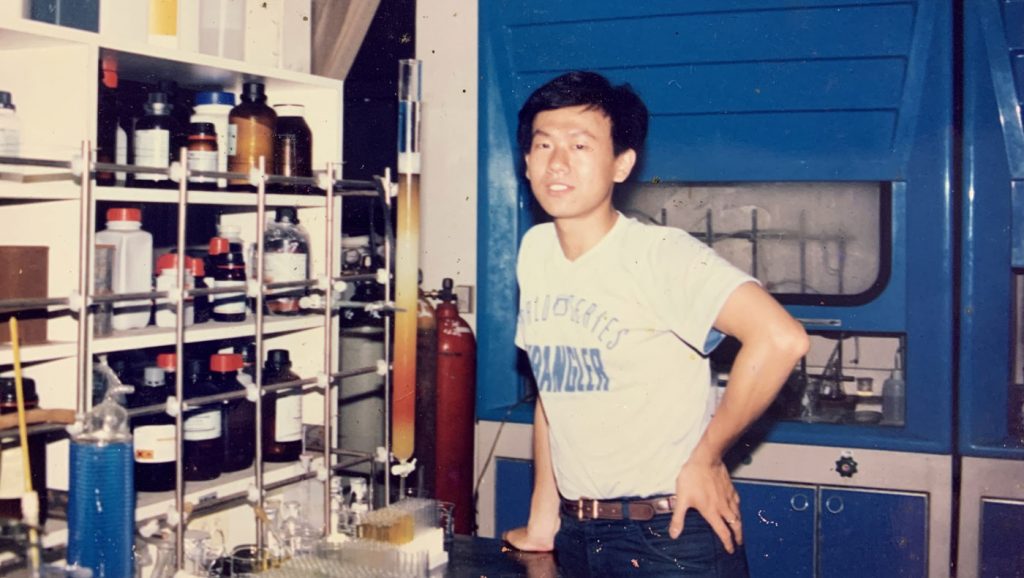
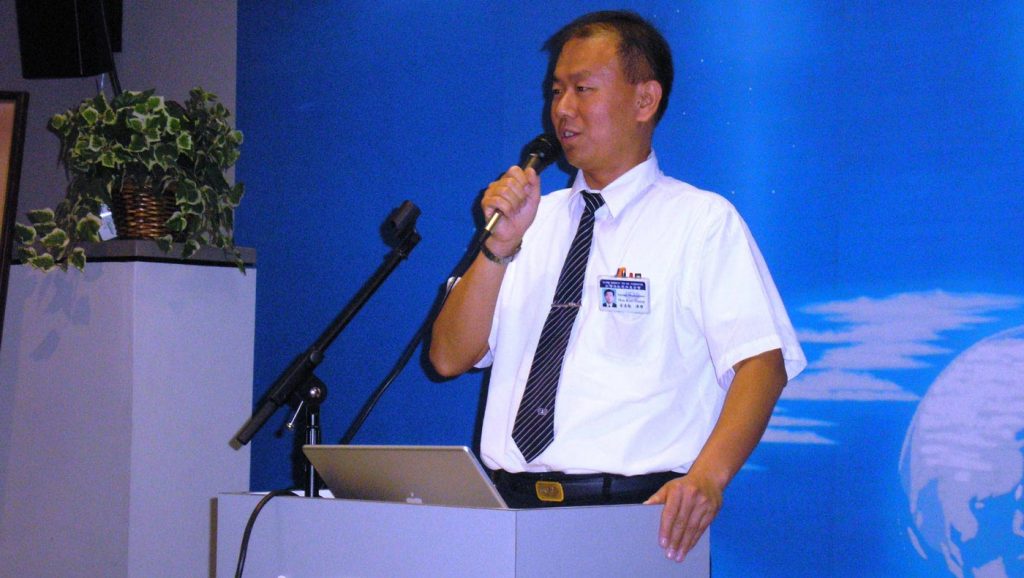
Having never led a disaster relief operation before, but willing to try, Dr. Huang took two weeks off from his lab work at the Salk Institute to organize emergency financial aid distributions. Not only was he managing a crew of fellow Tzu Chi volunteers, he was meeting local officials, and surveying those areas which had burned down. Expecting to see damaged homes, or skeletons of them, Dr. Huang instead found pile after pile of black and white ash. “It was pretty shocking to me,” he recalled. He was instantly struck by the thought that:
When and where disaster happens, that’s real life.
At the same time, Dr. Huang was also meeting the people who’d survived this ordeal at Tzu Chi’s distributions. Of those who came, he especially recalled one elder couple, who came to accept $500 in financial support. They had just lost their family home. At the end of their conversation, the gentleman warmly told the young scientist, “even though my house was lost, my home is always here,” pointing to his heart. Despite his deep loss, the man’s strength moved Dr. Huang—for whom a new calling revealed itself. He also felt that:
Disaster relief allowed victims to be aided directly. Doing so was very rewarding; rewarding in a different way. I can’t compare this feeling to anything else.
So, in 2004, Dr. Huang hung up his lab coat and entered the world of humanitarianism full-time. He began as Special Assistant to then-Chief Executive Officer of Tzu Chi USA, Austin Tsao, and later became the Director of the Administration Department in 2005. However, by 2007, Dr. Huang’s steam began to run out. “I may have made the wrong decision,” he mused openly at the 2018 Tzu Chi USA English Spiritual Retreat. After three years of giving his all, Dr. Huang was exhausted. But, another occurrence would rejuvenate his perspective for good.
Another fire had broken out back in San Diego. Since Dr. Huang had already overseen one disaster relief operation there in the past, he was encouraged by Dr. William Keh, the then-Chief Executive Officer of Tzu Chi USA, to oversee the mission. Reluctantly, Dr. Huang went, intent on making this his ‘last hurrah’ in humanitarianism. In fact, because it was in San Diego, he’d felt like it was all coming full circle:
I felt like, ‘[okay] good, this is my last mission in Tzu Chi. I came here because of disaster relief, and once again, I’ll finish this relief [mission] and that’s about it; [it’s] time to move on.’
Yet, seeing San Diego fire survivors in similar straits as he’d seen years ago, it brought back a flood of emotion. At the same time, the scale of the disaster relief mission had grown, and now included many more Tzu Chi volunteers to manage. Seeing the many differences of opinion hinder their teamwork, and feeling a bit resentful at not being able to connect with his fellow volunteers, Dr. Huang then witnessed a life-changing scene:
When I saw these volunteers, they actually kneeled down…seriously! They kneeled down… to comfort whoever lost their houses, with tears in their faces, and I realized one thing: we all have a Buddha-nature… Whether we have the timing and opportunity to see it or not, we should [put our] trust [in] everybody, and that’s what Master [Cheng Yen] has taught us.
Reflecting on all this, Dr. Huang began to see that all his complex feelings, common features of compassion fatigue, were a natural “part of the path” in relieving the suffering of others, widely known in Buddhism as the bodhisattva path. He later explained, “I realized… we all have a clear Buddha-nature; the question is, how do we enhance that nature to the utmost position? That’s the most important thing.” From then on, enhancing this nature is exactly to what Dr. Huang would commit his life.
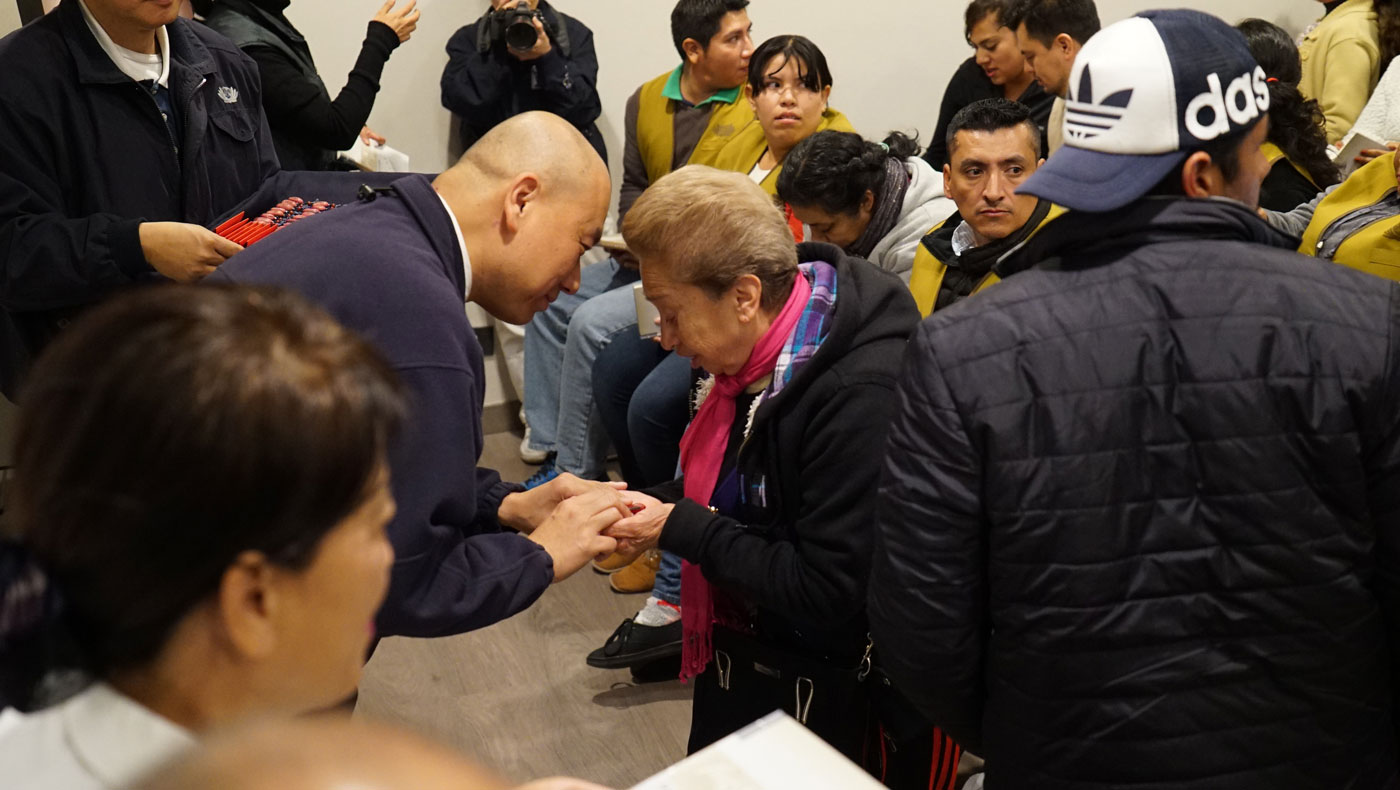
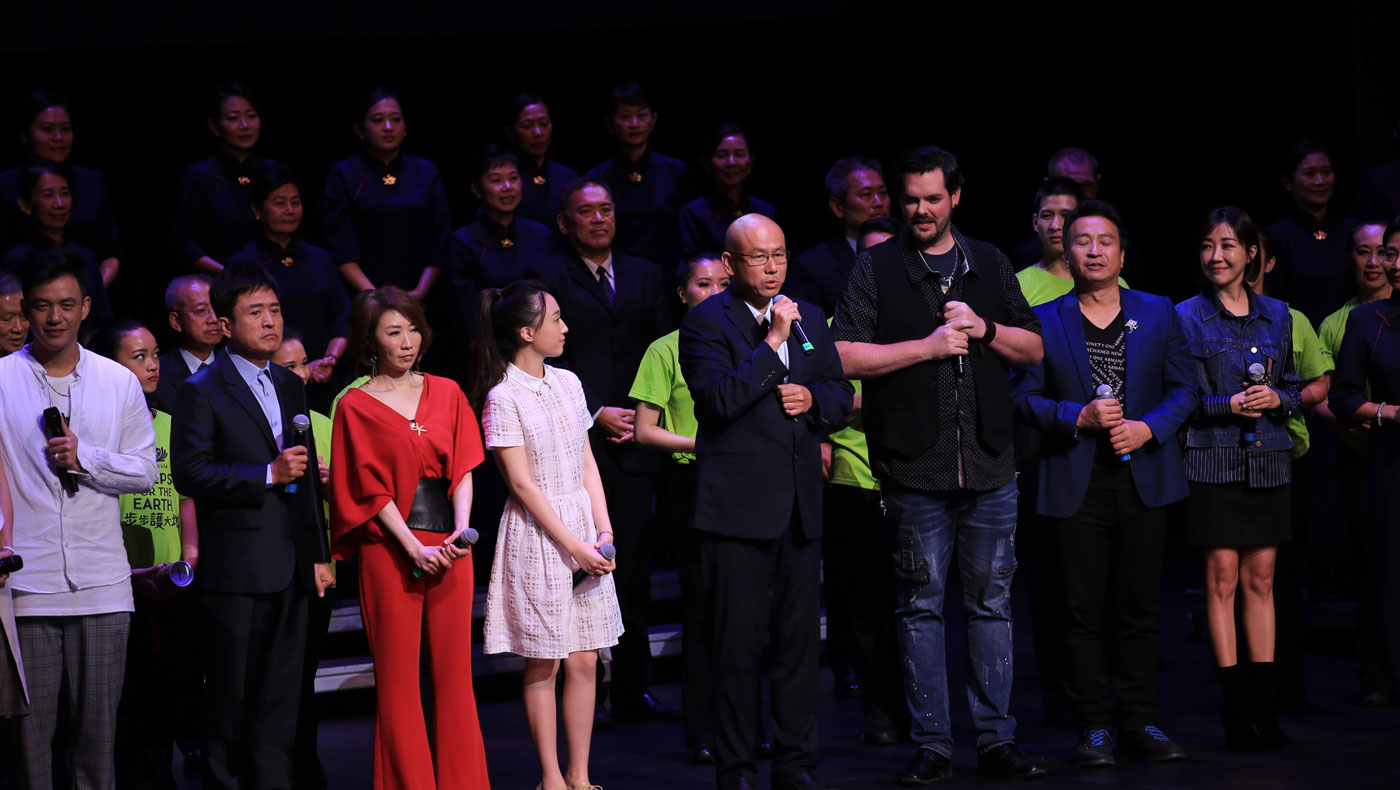
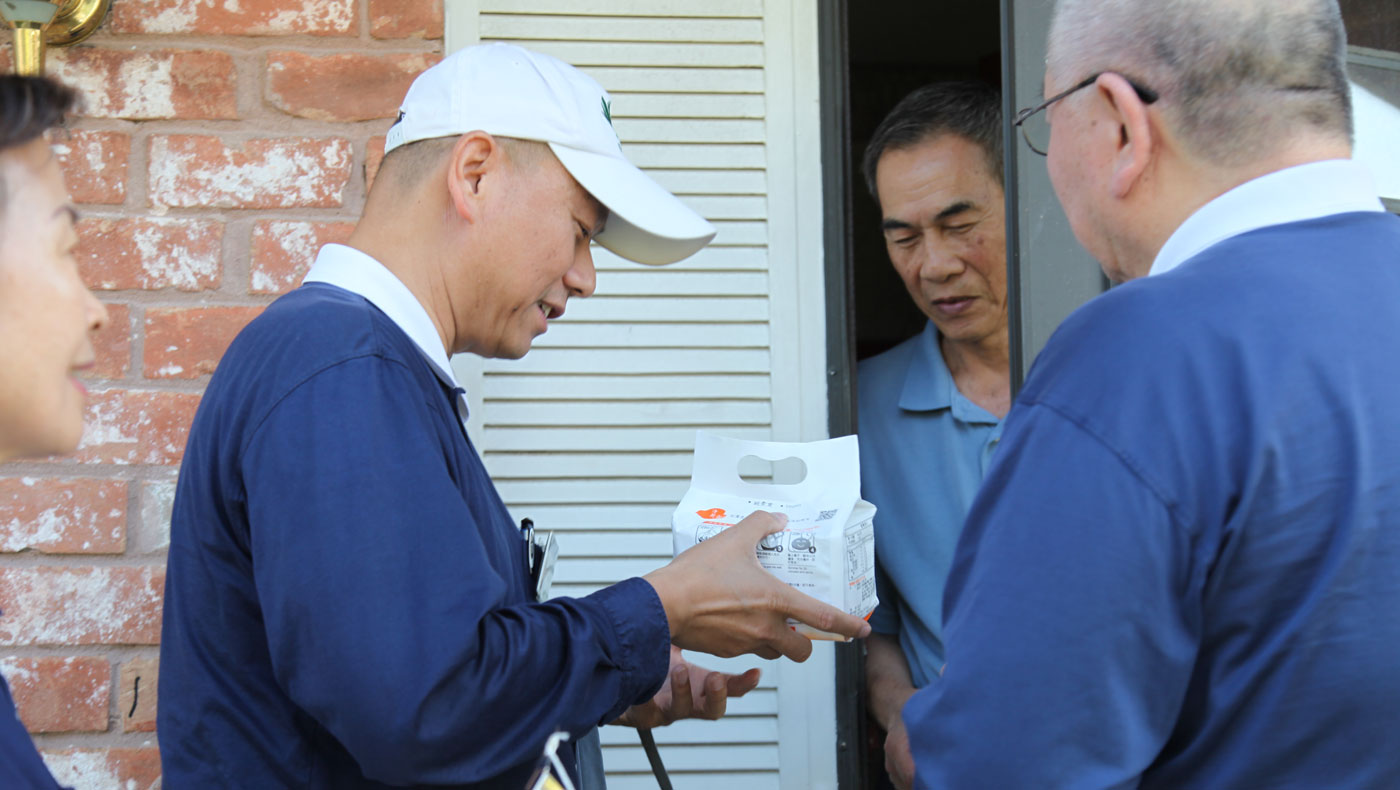
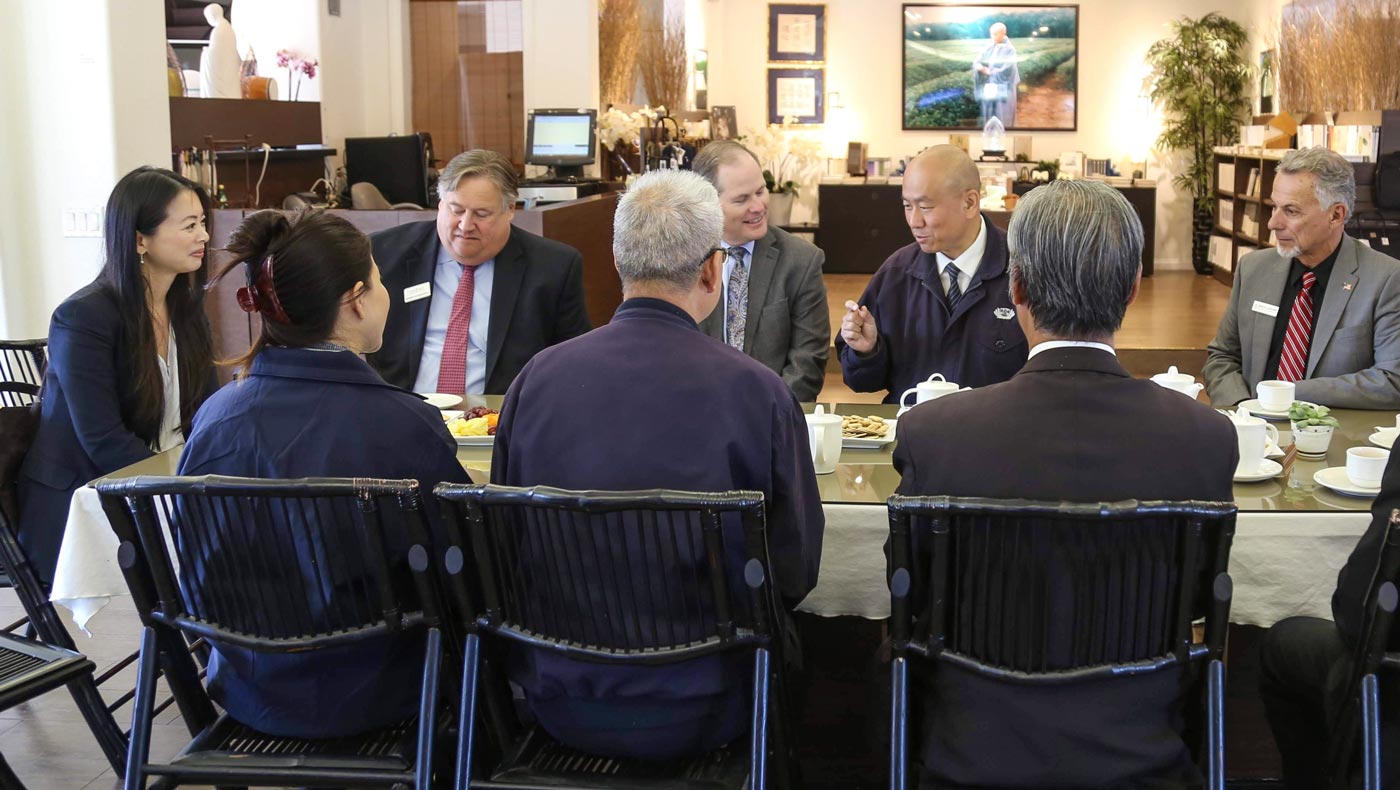
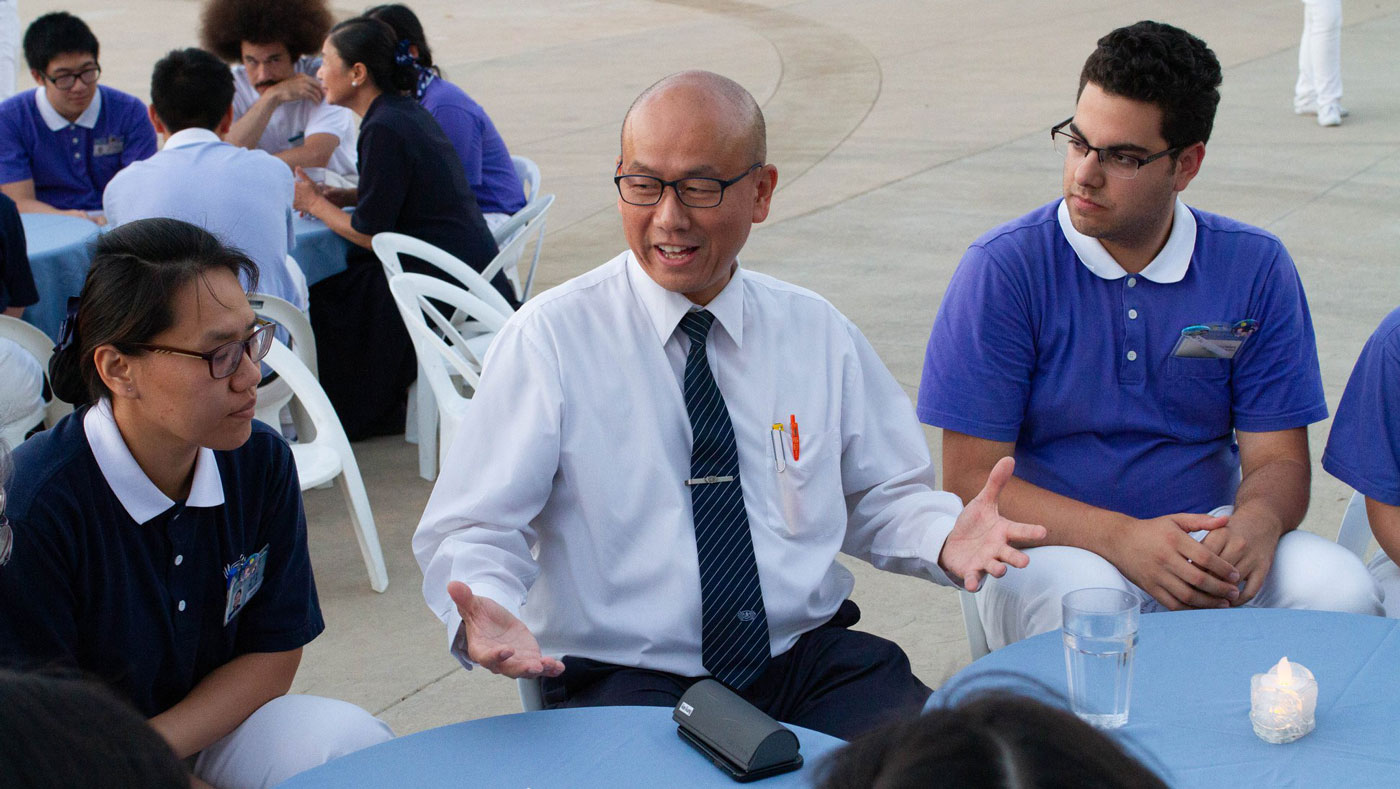
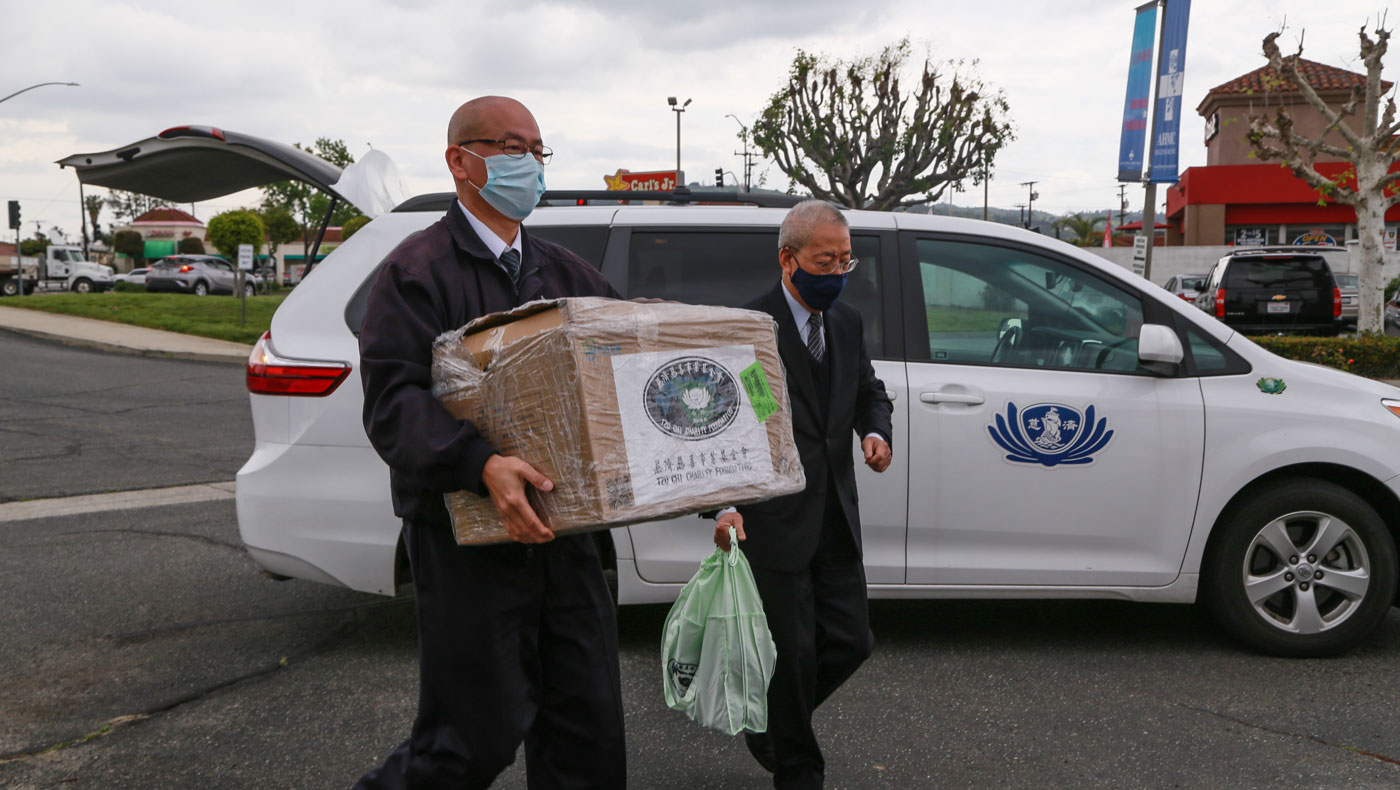
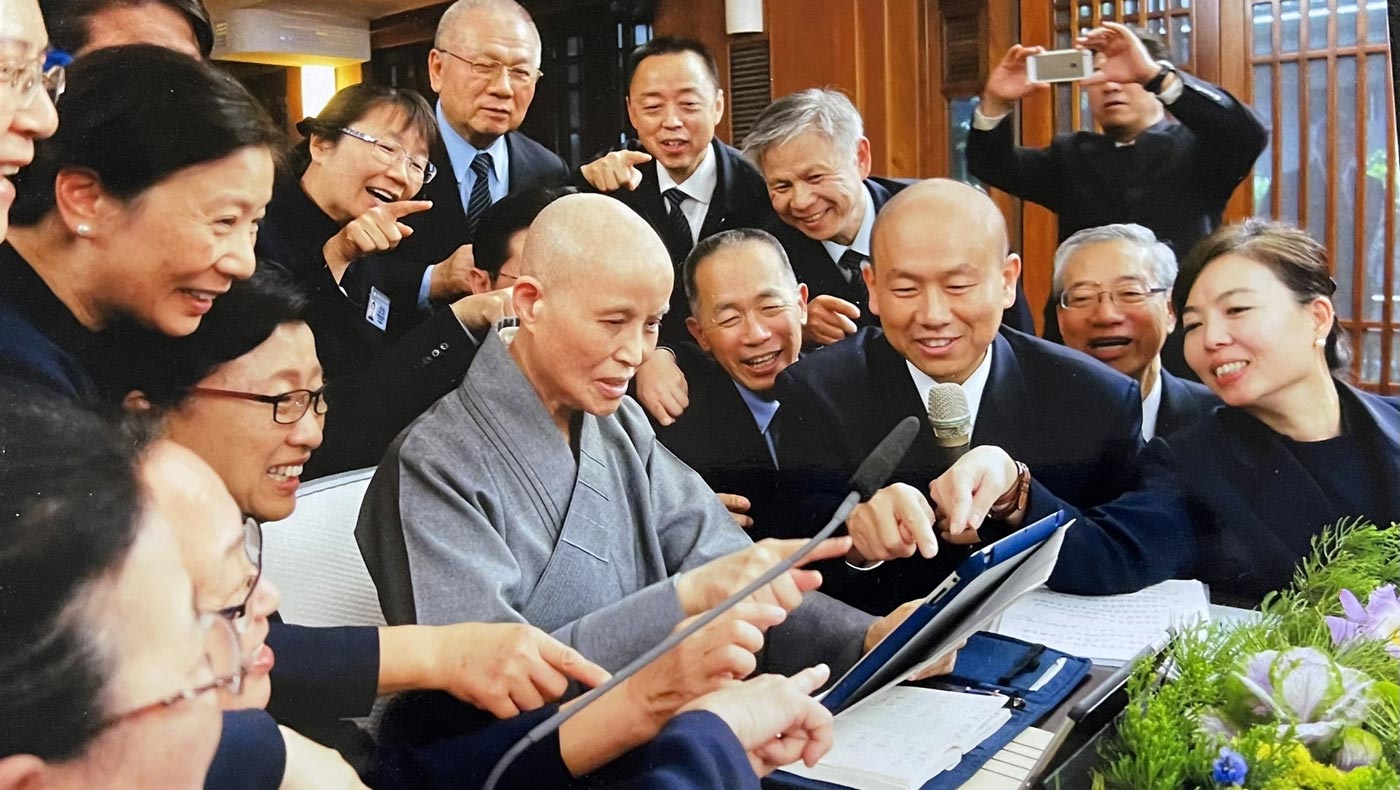
In 2008, he became the Executive Vice President of Tzu Chi USA, and in 2012, made the leap into the C-Suite as Chief Executive Officer, overseeing international missions, as well as nine regional offices across the United States. As CEO, he spearheaded the digitization of all things Tzu Chi with an overhaul of Tzu Chi USA’s website (online since 2015 as tzuchi.us), as well as a mobile app that could act as a modern-day bamboo bank. Today, that is known as Tzu Chi Connect, launched in 2018 and available for free download onto Android and iOS.
Through all this, in an interview he did for U.S. Tzu Chi 360, he illuminated the large role his family played in empowering his work: “I am truly grateful to my wife. When I got busy, there would be three or four weekends in a month where I wasn’t home.” Recognizing how meaningful his work was, and her husband’s unique role in it, HuiPing Wang explained that supporting Dr. Huang’s Tzu Chi career, despite its challenges, was an opportunity to express love:
When you love someone, you love what he has to do... This is the greatest love that you may have for someone.
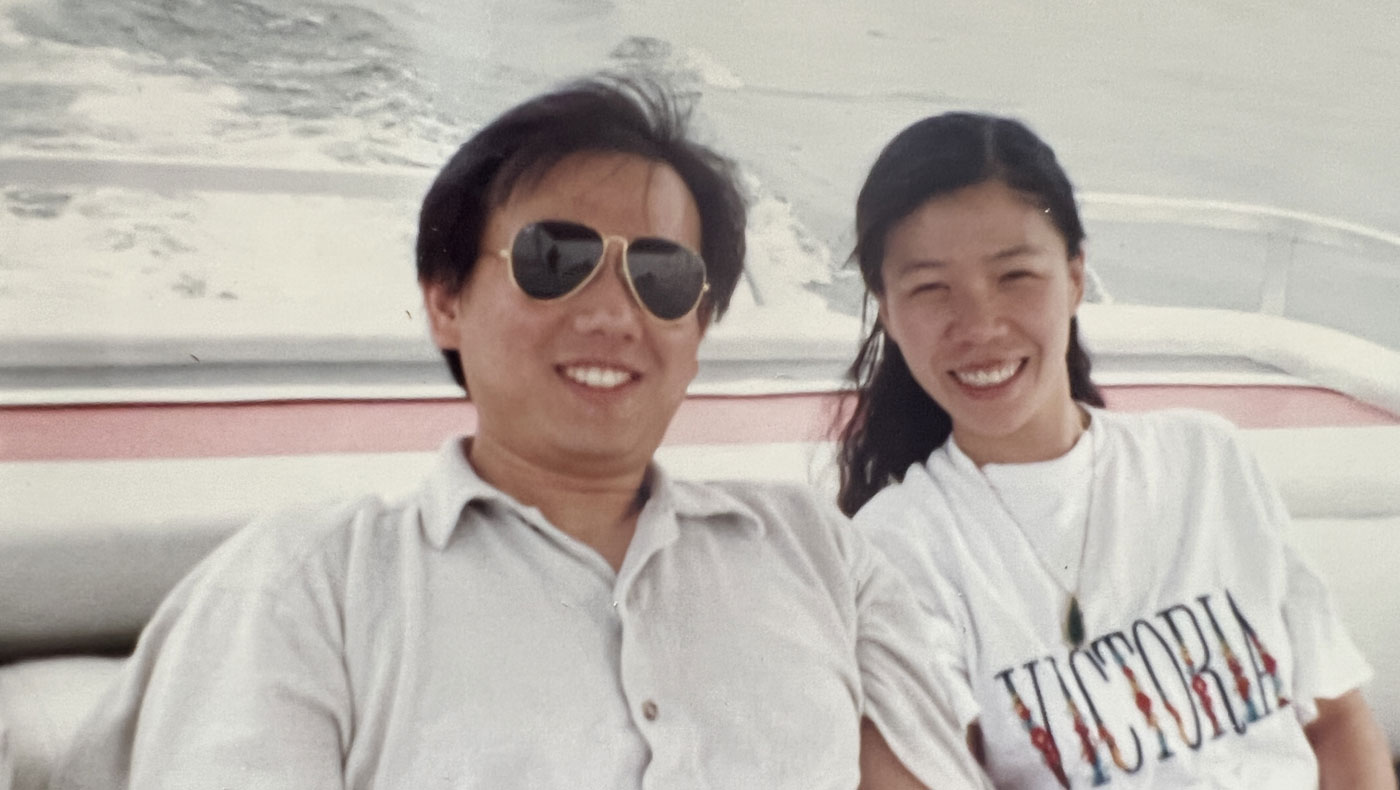
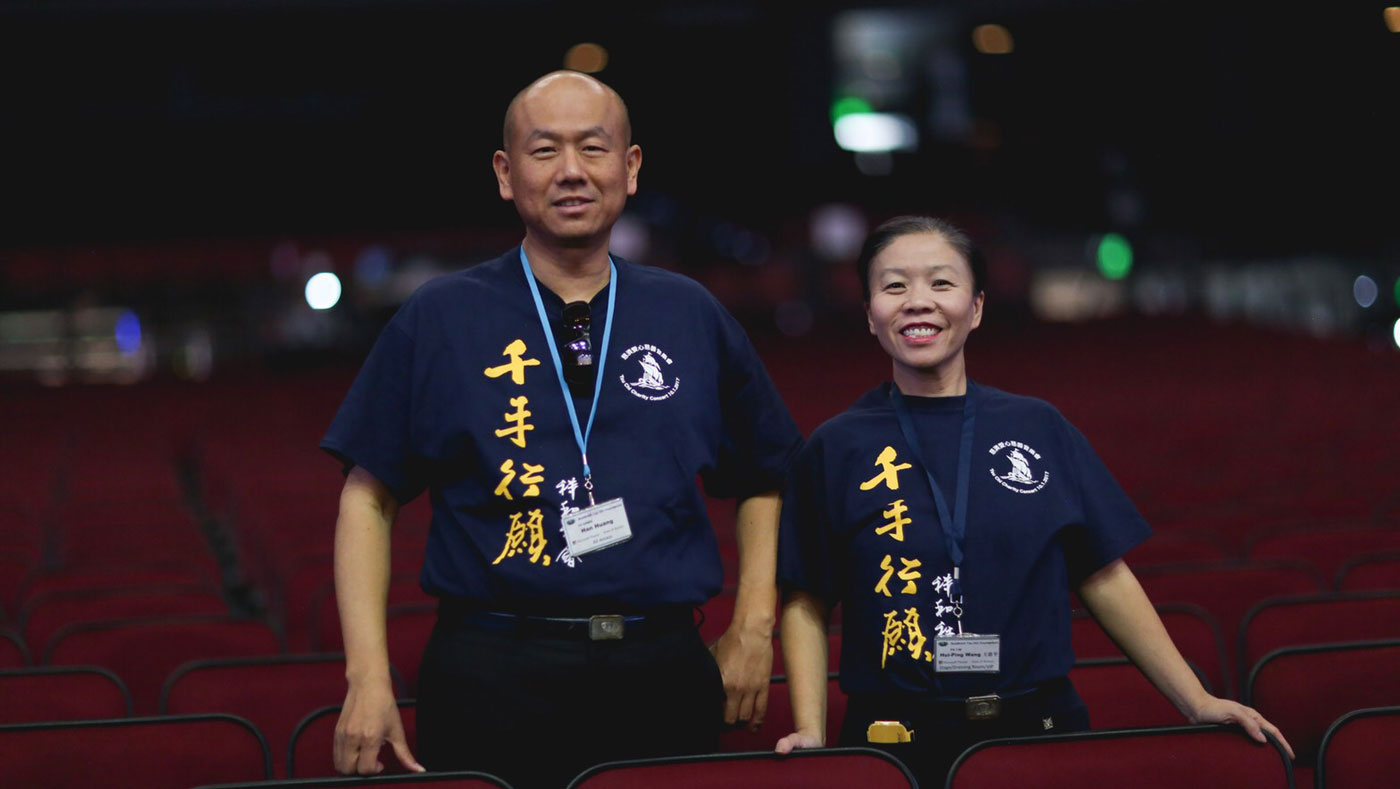
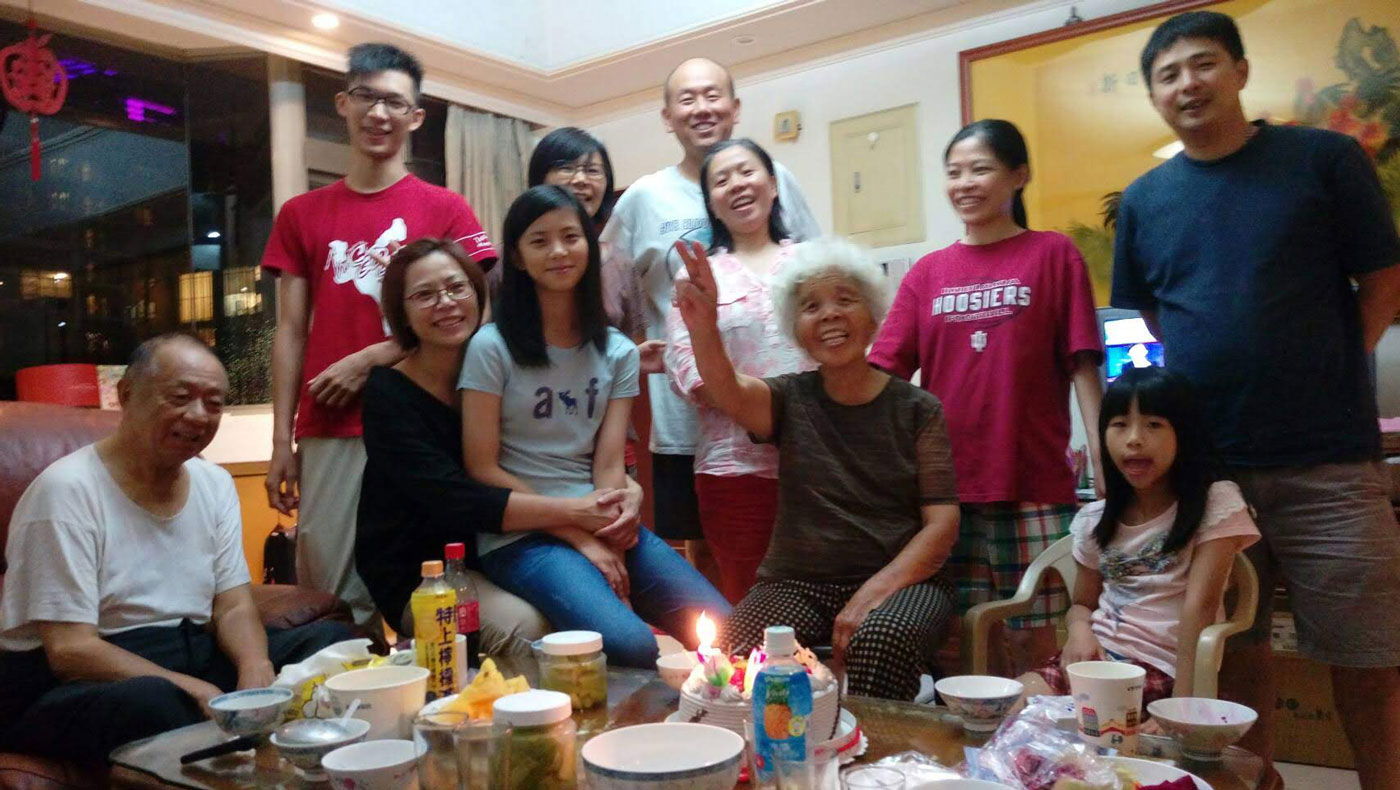
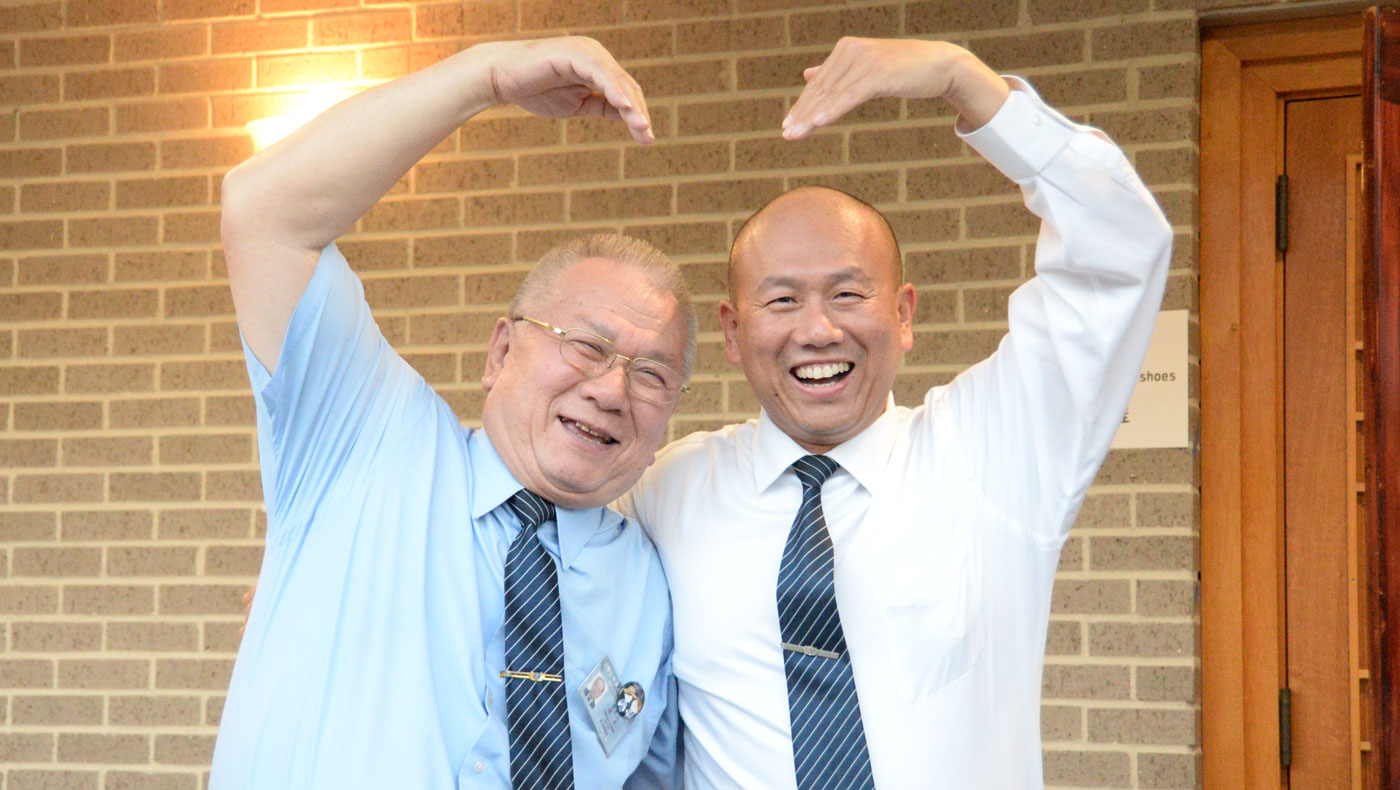
It is with love, but also reverence, gratefulness, and sorrow that we reflect on the life of Brother Han, who passed at the tender age of 55 on June 18, 2022. Recognizing the strokes of fate on the bodhisattva path he tread, Dr. Huang once said, “I owe a lot to Master Cheng Yen, and owe just as much to other people.” May we honor the legacy of his commitment to Tzu Chi’s mission—of compassion and relief—with forward-thinking, humility, and the wisdom to recognize the moments that call on us to make a difference.
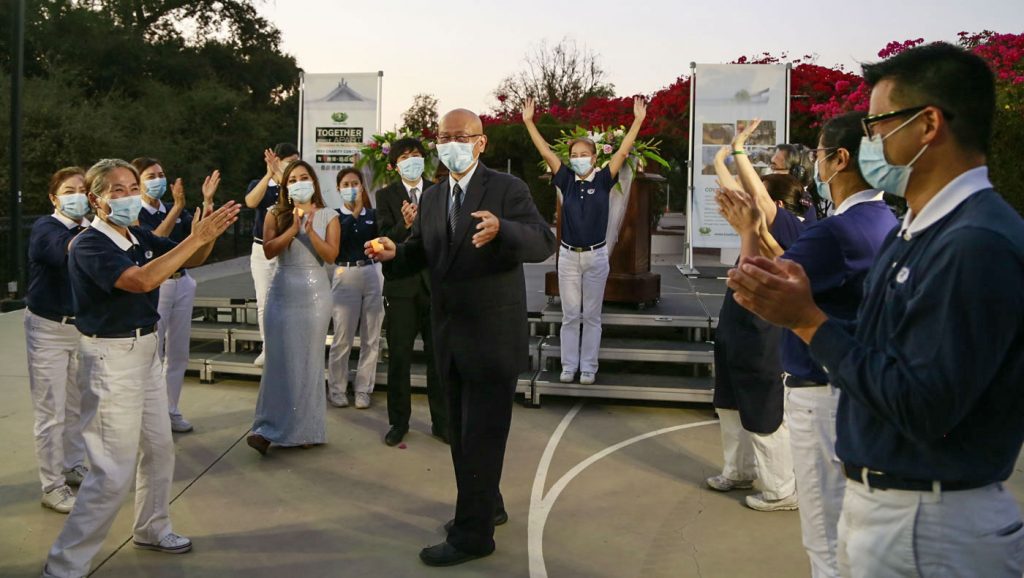
Dr. Hankuei Huang was born in Taiwan on January 3, 1967 and became a research scientist, professor, author, and dedicated member of the Tzu Chi family.
He earned his Bachelor of Science in 1989 at the National Sun Yat-Sen University in Taiwan, and received his Ph.D. in 1998 from Indiana University Bloomington for his dissertation in molecular cellular and developmental biology (advised by Dr. Thomas F. Donahue). Dr. Huang is the recipient of numerous awards and fellowships in science, and has 14 scientific publications to his name.
After leaving his post as Post-Doctoral Research Associate at the Salk Institute in 2004, he became Special Assistant to the CEO of the Buddhist Tzu Chi Foundation, better known as Tzu Chi USA. In 2005, Dr. Huang became the Director of the Administration Department, and, in 2008, became the Executive Vice President. In 2012, he finally stepped into the role of Chief Executive Officer, overseeing such notable initiatives as Hurricane Harvey relief, the launch of Tzu Chi USA’s premier mobile app, Tzu Chi Connect, and Camp Fire relief, among many others in the United States and abroad.
In 2019, Dr. Huang transitioned back to his role as Executive Vice President until his death at age 55 on June 18, 2022. He is survived by his wife, HuiPing Wang.

